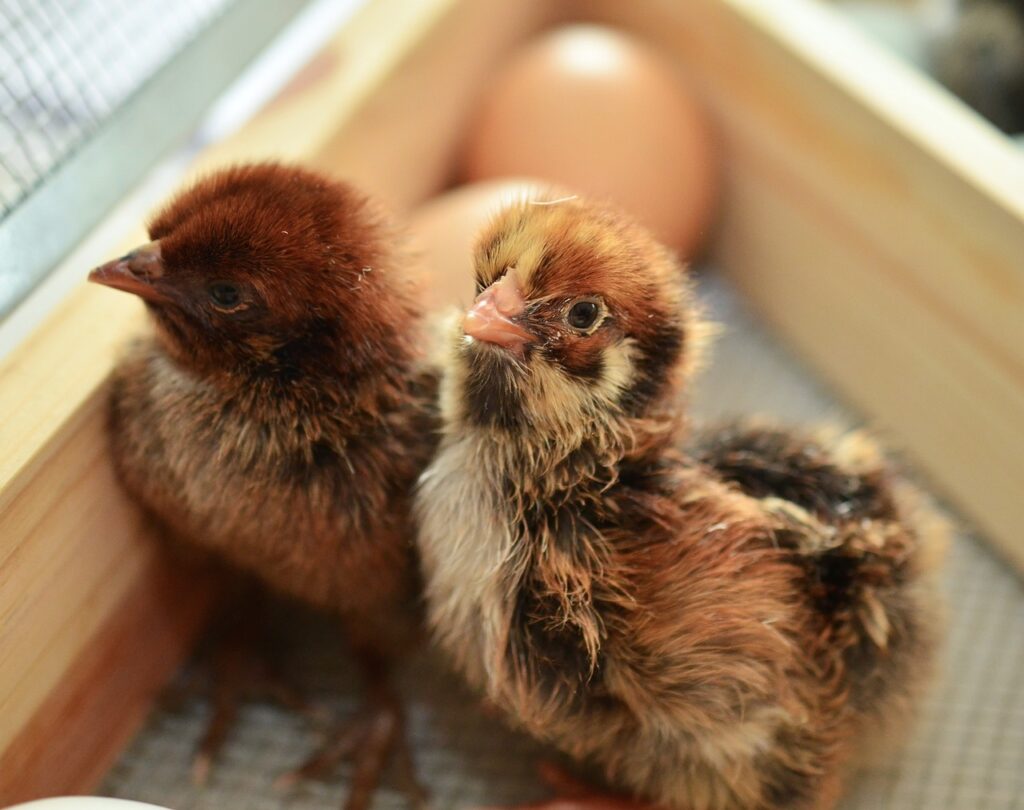In recent years, a growing number of parents are shifting towards eco-friendly options, including bamboo nappies, in an effort to reduce their environmental impact. One common question that arises is: Are bamboo nappies compostable? In this comprehensive guide, we will delve into the topic to provide clarity on this important issue and offer insights into sustainable diaper solutions.
What are Bamboo Nappies? Bamboo nappies are an increasingly popular choice among environmentally conscious parents due to their sustainable nature. Bamboo is a fast-growing plant that requires minimal water and no pesticides to thrive, making it an eco-friendly alternative to traditional diaper materials.
Compostability of Bamboo Nappies: One of the key advantages of bamboo nappies is their compostability. Bamboo nappies are biodegradable, which means they can break down naturally into organic matter when disposed of properly. When composted under the right conditions, bamboo nappies can return valuable nutrients to the soil without causing harm to the environment.
Factors Affecting Compostability: While bamboo nappies are compostable, certain factors can affect their ability to break down efficiently. The presence of chemicals, dyes, or non-biodegradable components in the nappies can hinder the composting process. Therefore, it is essential to choose bamboo nappies that are free from harmful additives to ensure they can be composted effectively.
Tips for Composting Bamboo Nappies:
When looking to compost nappies, I first looked to local council facilities as I didn’t necessarily want that ‘stink’ stinking up my home, however after doing some further research actually found it not as daunting as it first seemed; but either way whether you do it yourself or send it to a facility, you will need to:
- Remove any adhesive tabs or plastic components before composting.
- Ensure the compost bin or facility meets the necessary temperature and moisture levels for effective decomposition.
- Check with your local composting facility to see if they accept bamboo nappies for composting before just ‘dumping’ in with your other green or organic waste.
Composting Nappies at Home: Composting nappies at home can be a beneficial way to further reduce waste and contribute to a greener lifestyle. Here are some steps to help you compost nappies at home:
- Purchase a dedicated compost bin for nappies to separate them from other compostable materials.
- Tear or cut the used bamboo nappies into smaller pieces to aid decomposition.
- Layer the nappies with other organic matter in the compost bin, ensuring a good balance of carbon and nitrogen-rich materials.
- Monitor and turn the compost regularly to facilitate decomposition and avoid any potential odors.
- Once the composting process is complete, use the nutrient-rich compost in your garden to promote healthy plant growth.
Sustainable Diaper Solutions: In addition to compostable bamboo nappies, there are other sustainable diaper options available for eco-conscious parents. Cloth diapers, for example, can be reused multiple times, reducing waste and environmental impact. Hybrid diapers, which combine reusable and disposable elements, offer a more flexible approach for those looking to minimize their ecological footprint.
Conclusion: In conclusion, bamboo nappies are indeed compostable, making them an excellent choice for parents seeking environmentally friendly diaper solutions. By understanding the composting process and following best practices, parents can effectively dispose of bamboo nappies in a way that benefits the environment. Embracing sustainable diaper options like bamboo nappies not only reduces waste but also promotes a healthier planet for future generations.



